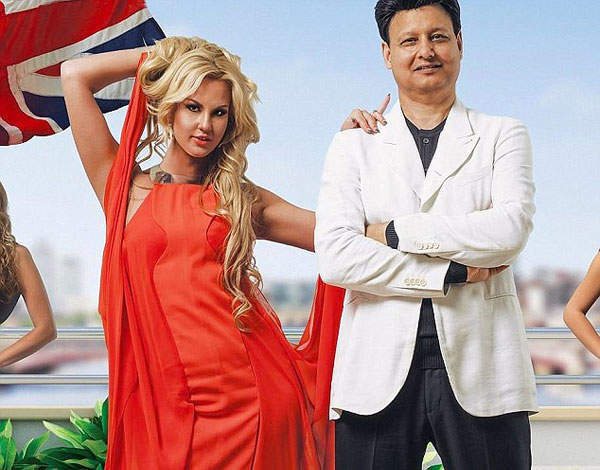

The US and EU have imposed economic and travel sanctions on named Russian individuals linked to the Putin regime in response to Russia’s actions over Crimea. It has been mooted whether to extend sanctions to include closing UK financial markets to Russians generally.
This would mean that Russians would not be eligible to apply for British investor visas as they would not be able to meet the criteria of investing in UK government gilts.
From 2012 to 2013, 125 Russians successfully applied for investor visas. This is nearly a quarter of all investor visas issued that year and since 2008 there have been 433 successful Russian visa applicants. Last year’s applications for immigration visas rose by 25 per cent.
Read more on investor visas from Spear’s
The number of applicants is rising because the UK is seen to be attractive as a safe haven, not only economically but also politically and socially. But it is not the only jurisdiction to offer immigration visas and the UK government should not be complacent as an investor’s perception can be transitory.
These political developments have drawn attention to the ongoing debate on whether investor visas offer value for money to the British citizens. Recently, Sir David Metcalf, chairman of the Migration Advisory Committee, said that visa investors bring little economic benefit to British citizens.
However, this ignores the fact that once here, Russian visa investors draw heavily on the services of British businesses. To illustrate, a single Russian family might bring tens of millions into the UK to buy property in London, benefitting estate agents and giving a direct contribution of Stamp Duty Land Tax to the Exchequer.
If the property needs refurbishing then builders will directly benefit and VAT will be charged on their services. Other British businesses that will benefit includes car dealerships, private schools, lawyers and of course tax advisers to name just a few. We estimate that UK government gilts, Stamp Duty Land Tax, VAT and the taxes paid by the service providers ultimately paid for by these families has together contributed close to £1 billion to the UK economy.
Tax advisers like me are called upon to advise Russians on the tax implications of living and working in the UK. Their tax affairs are routinely complex with investments in numerous jurisdictions so tax planning is required to avoid taxation in more than one jurisdiction. When Russians become resident in the UK they can claim the ‘remittance basis’ of taxation. This means that they pay UK tax on any UK sources of income or gains and on any foreign income or gains that they bring into the UK.
But they only pay foreign tax on foreign income and gains earned and retained abroad. After seven tax years of being resident in the UK an individual wishing to claim the remittance basis would need to pay £30,000 annually which rises to £50,000 annually after twelve tax years.
As a community, advisers have seen a rise in the numbers of Russian entrepreneurs who have come to the UK to escape political interference back home. In 2012 Boris Titov, the Russian ombudsman for business rights, reported that in the last ten years Russia has imprisoned nearly three million entrepreneurs. It is not surprising then that Russian non-doms are moving to the UK to escape from an arguably oppressive political regime or at the very least one that is not conducive to doing business.
In short, even the threat of sanctions being applied universally to all Russian investment in the UK might easily dissuade Russian investment in the UK. Sanctions are a manifestation of political interference which many Russian investors are seeking to avoid back home. A year’s growth in visa applicants could be wiped out in a single step.
Their disposable incomes and tax revenues could be trapped in Russia and benefit the very country the US and EU is trying to punish, or be lost to alternative jurisdictions with none of the strict and regulated anti-money laundering provisions of which the UK can be proud.
An extension of sanctions to Russians generally will have a major impact on the UK economy and already even the stirrings of the debate are deterring investment.
Mark Davies, director at Mark Davies & Associates, is a Chartered Tax Adviser and a member of the International Tax Planning Association






